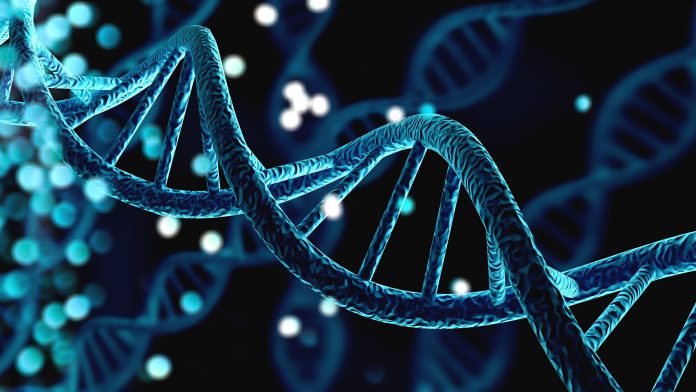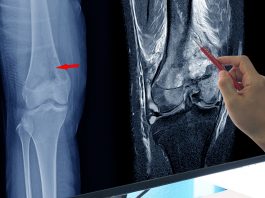Researchers from the University of Cambridge, Wellcome Sanger Institute, and collaborators have shown how inherited genetic variants can influence the risk of developing a rare blood cancer.
Large-scale genetic analysis has helped researchers uncover the relationship between cancer-driving genetic mutations and inherited genetic variants in a rare type of blood cancer.
The team combined datasets to understand the impact of cancer-driving spontaneous mutations and inherited genetic variation on the risk of developing myeloproliferative neoplasms (MPN).
Published in Nature Genetics, the study describes how inherited genetic variants can influence whether a spontaneous mutation in a particular gene increases the risk of developing this rare blood cancer.
The analysis will have an impact on current clinical predictions of disease development in individuals.
More research is needed to understand the mechanisms behind how the inherited genetic variants influence the probability of developing rare blood cancer.
In the future, the work could aid drug development interventions that reduce the risk of disease.
Myeloproliferative neoplasms
MPNs are a group of rare and chronic blood cancers, with around 4,000 cases in the UK each year. These occur when the bone marrow overproduces blood cells, resulting in blood clots and bleeding.
MPNs can also progress into other forms of blood cancer.
Genetic risk score
There is a large amount of natural variation between individuals’ blood cells which can affect the amount of blood cells a person has and their traits. This is because different genes can influence blood cell features in an individual.
Researchers take known information about these genes during routine blood tests and analyse the variation to give a genetic risk score. This is how likely that individual is to develop a disease over their lifetime.
MPNs have been linked to random somatic mutations in a gene called JAK2; however, mutated JAK2 is commonly found in the global population. The vast majority of these individuals do not have or go on to develop MPN.
Previous studies identified over a dozen associated inherited genetic variants that increase the risk of MPN. However, these studies do not explain why most individuals do not go on to develop MPN.
Inherited genetic variants can influence risk
The new study combined information on the known somatic driver mutations in MPN inherited genetic variants, and genetic risk scores from individuals with MPN.
They found that the inherited genetic variants that cause natural blood cell variation in the population also impact whether a JAK2 somatic mutation will cause MPN. The team also discovered that individuals with an inherited risk of having a higher blood cell count could display MPN features in the absence of cancer-driving mutations, mimicking disease.
Dr Jing Guo, from the University of Cambridge and the Wellcome Sanger Institute and first author of the study, said: “Our large-scale statistical study has helped fill the knowledge gaps in how variants in DNA, both inherited and somatic, interact to influence complex disease risk.
“By combining these three different types of datasets we were able to get a more complete picture of how these variants combine to cause blood disorders.”









